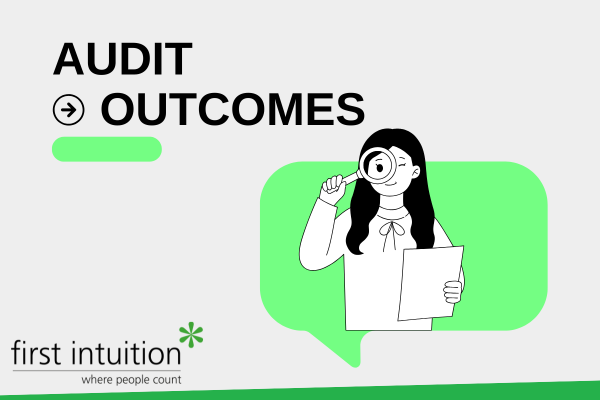Misconceptions About Audit: The Expectation Gap
Audit does carry some misconceptions in my opinion. The main one being what is known as the audit gap or expectation gap. This is the expectation that a set of audited accounts are 100% accurate. They probably are not, you can’t expect an auditor to find errors of £5 in a company that turns over hundreds of millions of pounds. It would be physically impossible to check every single transaction. However, what the auditors do aim to do is ensure that the accounts are “true and fair”. This means that there could well be the odd error but if there is they are not material. In layman’s terms this means that the errors are not large enough, or significant enough, that it affects the user’s interpretation and understanding of the accounts.
Clean Audits: The Best Case Scenario
The company being audited, and probably the auditors, would hope to agree that the accounts do show a true and fair view, and if so, the auditor will issue an unmodified audit report. This is sometimes known as a ‘clean audit’.
When Auditors Disagree: Different Audit Outcomes
The auditors may disagree that the accounts show a true and fair picture, in which case there are a number of different outcomes from the audit, and students need to be able to identify what would be the most likely one.
Adverse Opinion: The Worst Case
The worst outcome, and simplest to spot from a student’s point of view, is when the auditor thinks that the accounts are material incorrectly throughout, or something is misstated that significantly affects a large proportion of the accounts. This is known as an ‘Adverse Opinion’; basically, you cannot trust the accounts at all, which as you can imagine is not a good look for the company.
Qualified Opinion: Limited Issues
A similar outcome is a qualified opinion, this is where there is a material misstatement in the accounts, but it only relates to perhaps one area. The auditor might give a “except for” qualified opinion, where they agree with the accounts as a whole, except for a certain area which they will then detail in their audit report.
Limitation of Scope: When Information is Missing
The above two outcomes relate to situations where the auditor has looked at all the information and explanations required but don’t agree with how it is presented in the financial statements. There are situations where the auditor doesn’t receive all the information and explanations that they require, so they will give a modified opinion due to a limitation on scope. Again, this is split into two depending on how pervasive the issue is. If the lack of information only relates to one area say, they might offer a Qualified Except For opinion. They agree that the accounts show a true and fair view, but they have been unable to satisfy themselves that one area of the accounts is free from material misstatements.
Disclaimer of Opinion: When Too Much is Missing
The other option is that there is so much information missing that they can’t say that the accounts show a true and fair position. The auditor isn’t saying the accounts are materially wrong, but they can’t prove that there are free from misstatement. Given that the auditor’s sole goal is to check that the accounts are free from material misstatement, this is as damning as saying they aren’t worth the paper they are written on, so to speak. As a company you really don’t want this! No bank is going to lend money on the back of a set of accounts that the auditors are unable to say they are free from material misstatement.
In summary, you will have two different types of modified reports, one due to the evidence saying the accounts don’t reflect the real picture, and one where the evidence isn’t there to say. Then these are then further split depending on if the issue affects one area of the accounts or changes the whole of the financial statements.
Emphasis of Matter and Going Concern
There are two other situations that a student might be need to identify. In both these situations the auditors do agree that the accounts do show a true and fair position of the company. This point is important.
The first is an Emphasis of Matter paragraph. This is where there is an issue, but the accounts do correctly disclose it. The auditors do want to highlight it to the users of the financial statements. The other is where there is material uncertainty about if the company is a going concern. Once again, the auditors feel the accounts show a true and fair view, but they want to highlight the fact that going concern might be an issue, even though it has been correctly disclosed in the financial statements.
Exam Tip: Knowing the Outcomes
In the exam, if you know the different outcomes, it should be fairly clear cut as to what outcome you should be selecting based on the scenario you are given in the exam, but in reality it isn’t as clear cut!
For help or advice on your studies, please get in touch with us today.
Did you know about our YouTube channel?
Register for our weekly student webinar.
For more news and exclusive tips from First Intuition, visit FI Hub.



